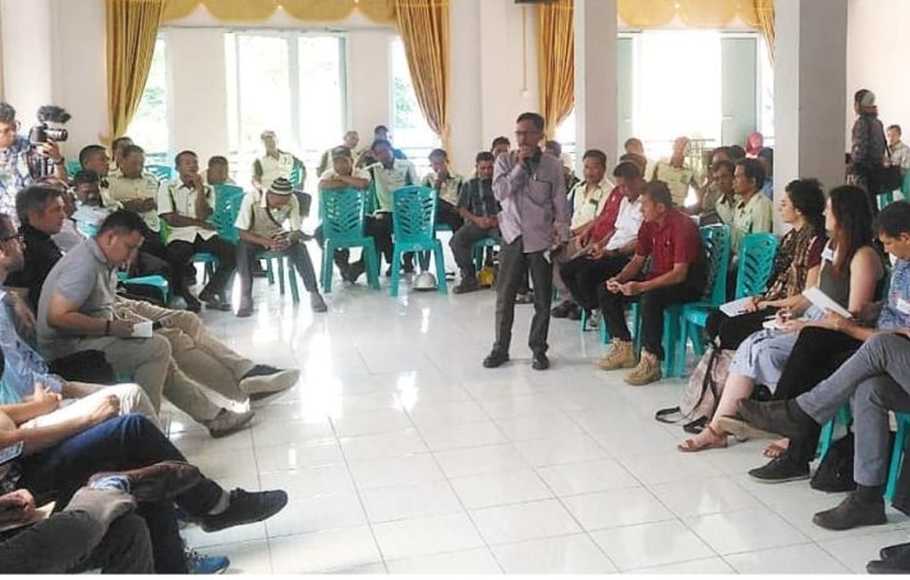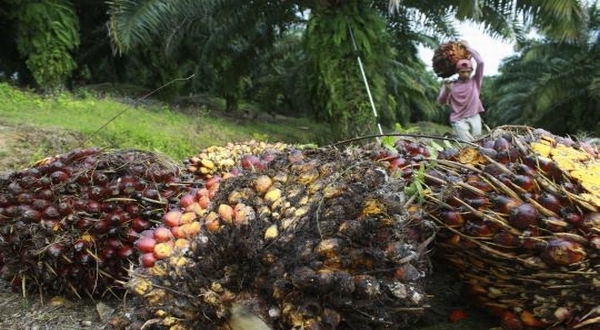European Union Praised Implementation of ISPO
EIGHT European Countries (EU) have visited palm oil plantation to witness implementation of the Indonesian Sustainable Palm Oil (ISPO).

EIGHT European Countries (EU) have visited palm oil plantation to witness implementation of the Indonesian Sustainable Palm Oil (ISPO). The visit was carried out by embassies of Belgium, Spain, Finland, Ireland, Sweden, Hungary, The Netherlands, England as well as representative of Food and Agriculture Organization (FAO) on 8-9 May 2019 in the Riau Province of Indonesia. “During the visit, EU representatives had active dialog with palm oil stakeholders, including officials from government, businesspeople, and smallhoders. They acknowledged that ISPO is important element to increase production of Fresh Fruit Bunches (FFB) up to 50%, improve quality, as well as to boost price increase. They praised this remarkable achievement,” Head of the ISPO Commission Secretariat Azis Hidayat said as reported by Bisnis.com, (10/5/2019). According to him, the EU representatives praised smallholders’ technical skills in managing productive and sustainable oil palm plantations. They also supported more involvement of smallholders in ISPO scheme given the fact that palm oil is important aspect in Indonesia’s growth. From the visit, the EU representatives have learnt more that Indonesian Government has implemented principle of transparency and has strong commitment to implement sustainability. Moreover, they have learnt that ISPO standard is considered more strict than other criteria adopted by some international certification institutions. “ISPO principles and criteria is not only No Deforestation, No Peat, dan No Exploitation (NDPE). There are some added criteria, including social responsibility and empowering people as well as improving sustainability in business performance. There are seven principles to follow to become a member of ISPO,” Azis added. He also said that adopting ISPO in palm oil production can do more to curb deforestation and to improve quality of environment protection given the fact that ISPO strictly forbids use of primary forest area and national parks for oil palm plantation. “We only certify oil palm plantation in legal, clean and clear area such as in non-forest area.’” Azis also assured that ISPO certification system is in compliance with international standard and National Accreditation Committee (KAN). Currently, ISPO collaborates with 15 certification institutions, seven of which are international institutions from Germany, England, Italy, France, Switzerland, and Australia and also is supported by 1.559 ISPO auditors. ***




































